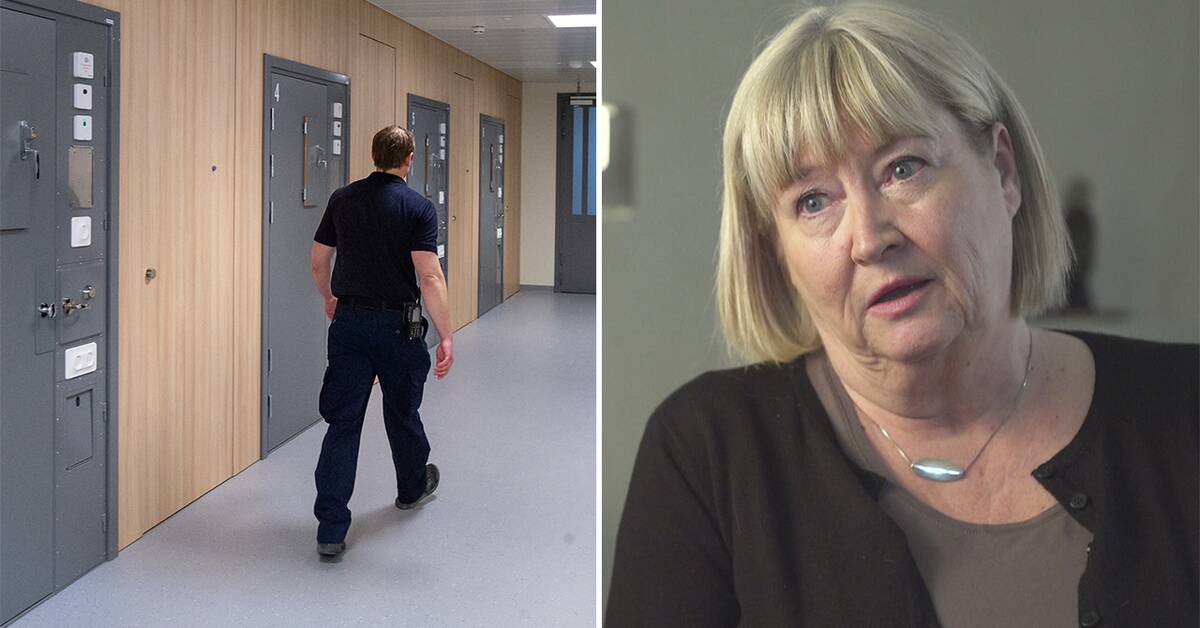Last year, a record number of people applied for compensation for having been detained without being sentenced in court.
- It was up to just over 2,450. Three, four, five years ago we were under or close to 2,000 cases per year, says Chancellor of Justice Mari Heidenborg.
More cases
The large increase that has taken place in terms of compensation for detainees is long-term detainees who are not sentenced in court.
In 2012, JK paid SEK 100,000 or more in compensation in 69 cases.
Last year, the authority paid out SEK 100,000 or more in 139 cases, a doubling.
- We do not make our own analysis of what it is due to.
We try to look at what the case stock looks like, but it is clear that what appears in the general debate is that there is an increased number of people deprived of their liberty, says Mari Heidenborg.
The Public Prosecutor's Office believes that societal development may be a contributing factor to the large increase.
- May I guess, I think that the development of recent years with complex protracted preliminary investigations where we have taken on difficult tasks, is a main reason.
This together with the fact that many of the crimes take place between criminal groups where people talk to a very small extent, says chief prosecutor Lennart Guné.
Criticism of the system
The compensation for deprivation of liberty has been criticized, especially since a man convicted of rape was granted SEK 840,000 because the man turned out to be younger than the court first thought and therefore had been deprived of liberty for too long.
SVT's Assignment Review has later shown that the man may have been over 18 years old at the time of the crime.
What the compensation system should look like is ultimately a question for politics, says JK.
- It is also a bigger issue when comparing this type of damages for detainees with, for example, damages to crime victims and compensation that is paid in other cases.
There we have an ongoing debate in society today.
It is of course reasonable to make these comparisons and perhaps decide on a different order, says Chancellor of Justice Marie Heidenborg.

